Six hours. That was the duration of the profoundly disturbing and simultaneously farcical version of martial law invoked by South Korea’s president Yoon Suk Yeol on Tuesday night — the country’s first experience of military rule for forty years. It was so brief in duration that if you weren’t plugged in to social media or watching TV you may not have been aware it had even occurred.
What this brief but extraordinary episode amounted to was a deployment of troops to the parliament building to bar the entrance of lawmakers. That operation failed utterly, as protesters were quickly on the scene to take on the military, in some cases with fire extinguishers, and facilitate the entrance of the representatives. And 190 lawmakers made it in, every single one of whom then voted for the suspension of the martial law decree (including nineteen members of Yoon’s own People Power Party — or PPP). A few hours later President (at the time of writing) Yoon rescinded it.
What now? The next step would seem to be the impeachment of Yoon, which a coalition of lawmakers from six opposition parties have called for today and which could be voted on within seventy-two hours. Lawmaker Hwang Un-ha summed up the mood when he told reporters that “the parliament should focus on immediately suspending the president’s business to pass an impeachment bill,” while the leader of Yoon’s PPP has called for defense minister Kim Yong-hyun to be fired and for the entire cabinet to resign.
But it could get worse than that for Yoon, and any others who were party to the decision to issue the decree — who that might be currently remains unclear. A senior member of the opposition party Park Chan-dae said that “even if martial law is lifted, he cannot avoid treason charges.”
Yoon will be lucky to escape jail. He can be impeached by the National Assembly if more than two-thirds of lawmakers vote for it. Yoon’s party controls 108 seats in the 300-member legislature but how many, if any, remain loyal to him is unclear. Yoon would then face trial at the constitutional court, which can seal his fate with a vote by six of the nine justices. In that event, or if he chose to resign, Prime Minister Han Duck-soo would act as interim leader until a new election, which would have to be held within sixty days.
A frantic multi-front salvage operation has been launched. There are reports of a desperate attempt by senior figures in Yoon’s circle to defuse the situation. According to local media, senior aides, including the chief of staff, national security advisor and chief of staff for policy, along with seven others have offered to resign en masse. But feelings are running so hot that it may be too late for any sort of compromise.
Meanwhile South Korean stocks fell 2 percent and the Won to a two-year low in the wake of the drama before stabilizing (thanks, it’s rumored, to a measure of state intervention). Emergency meetings were held overnight between finance minister Choi Sang-mok and Bank of Korea governor Rhee Chang-yong. The finance ministry promised to prop up markets if needed: the government said in a statement that it would inject liquidity into the forex market “until they are fully normalized.”
What will be especially interesting is the international reaction and the long term geopolitical ramifications. So far, perhaps because everyone is still somewhat bamboozled, the response has been mild. Outgoing secretary of state Antony Blinken has said simply that he welcomed the withdrawal of the martial law decree, while No. 10 is “monitoring the situation.” But planned defense talks between the US and South Korea have been postponed as has the visit of the Swedish prime minister to Seoul.
In Tokyo, the concern will be intense. One of Yoon’s few successes in office was a gradual improvement in relations with Japan, which had been testy before. The Japanese, who abhor uncertainty and disruption and are urgently in need of regional allies, will be worried that Yoon’s good work could be undone by whoever comes next. Japanese prime minister Shigeru Ishiba had been scheduled to visit Yoon next month, probably to discuss amongst other things the likely effect on the region of the incoming Trump administration.
The immediate impression seems to be that with one absurdly reckless and spectacularly misjudged ploy Yoon has ended his own career and brought massive reputational damage to his party and his country. Many in the west are blissfully unaware of how young the notion of stable democracy is in the “land of morning calm” or how much violence there has been (seventeen martial law declarations since 1948) in its genesis. Few in the west will have been aware of any of it.
Tuesday’s events were a jolting, frightening wake up call for some, and reminder to others, of how volatile many seemingly calm and well-ordered South East Asian democracies are. Thailand (the “Land of Smiles”) has had twenty-two coups in the last 100 years, while Japan has had a long history of political violence including the assassination of Shinzo Abe in 2022.
The myth of stable high-functioning democracies may have been shattered, with who knows with what consequences. Those were useful myths.



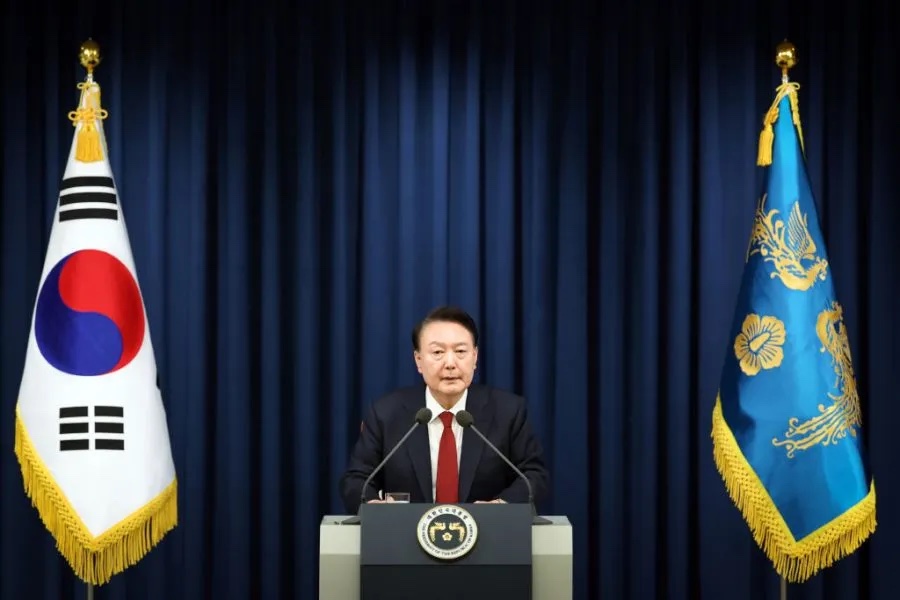






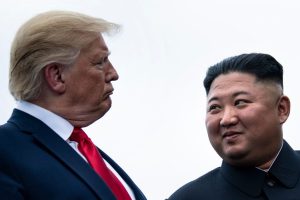

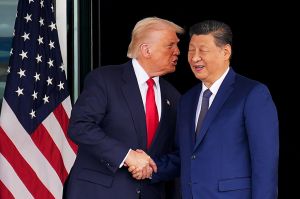

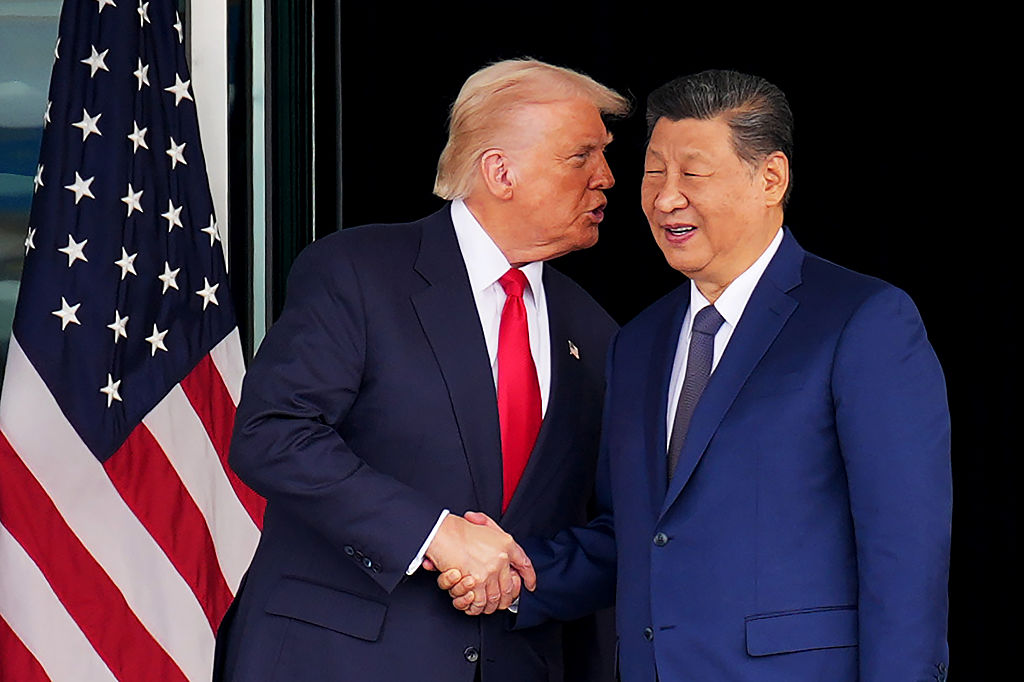
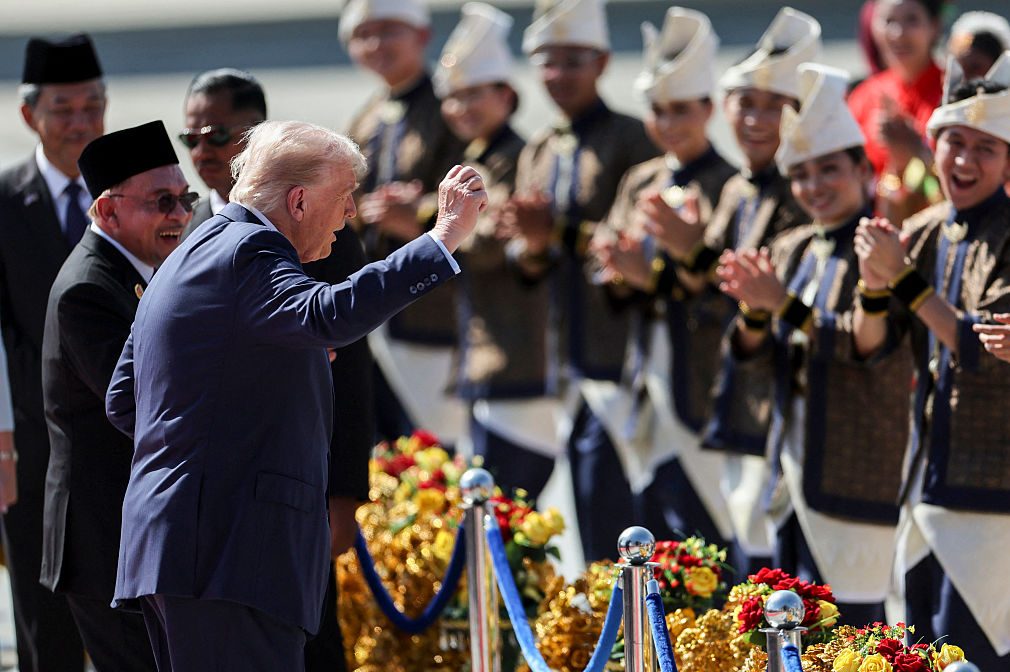
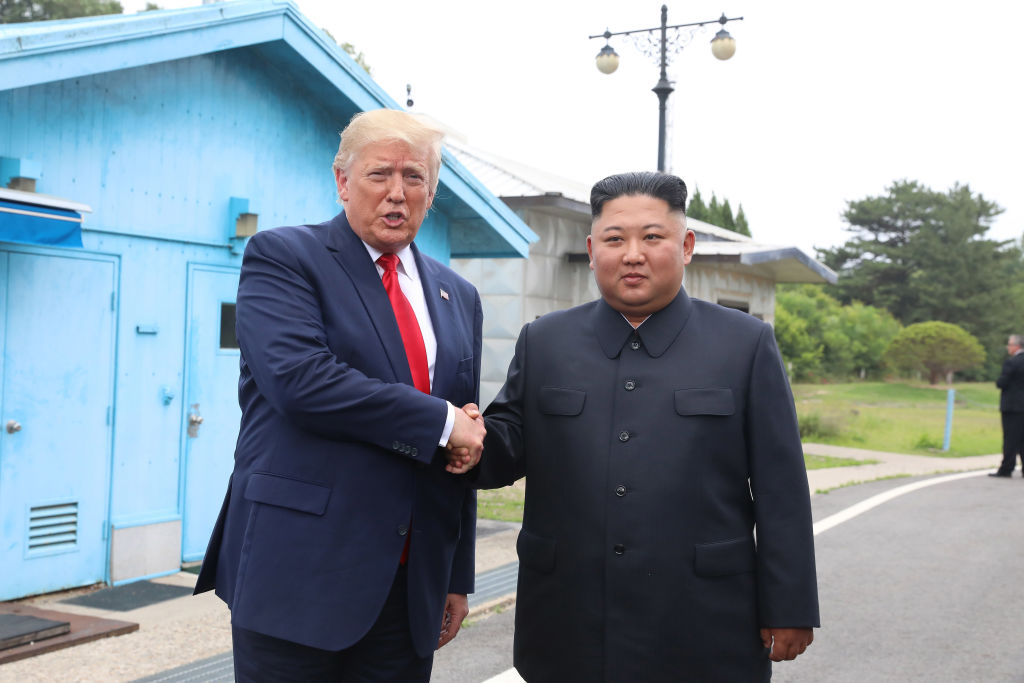

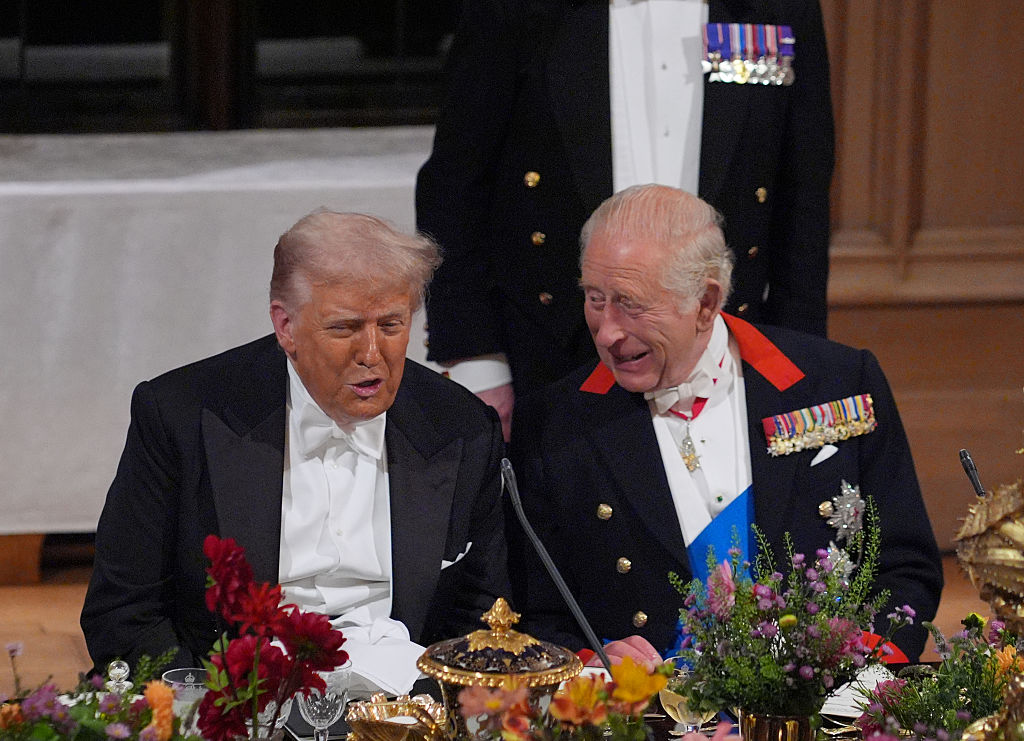







Leave a Reply